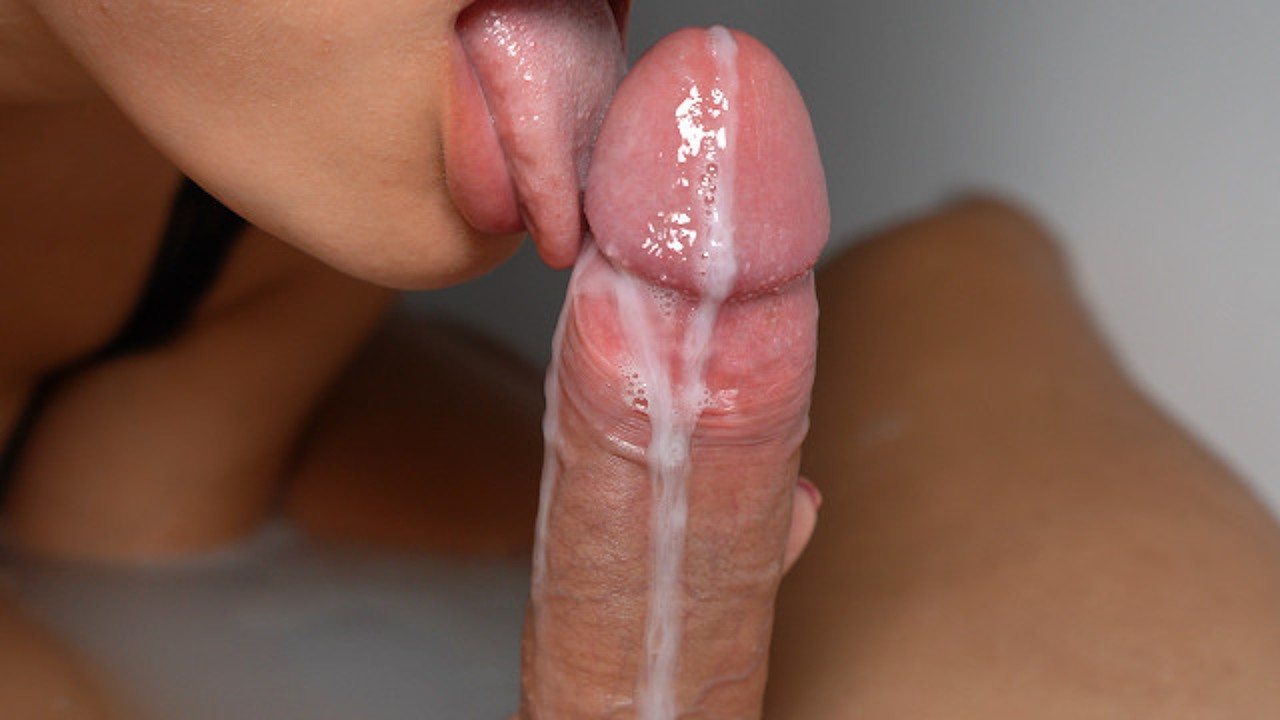Can Premature Ejaculation be controlled?
Premature ejaculation is a common sexual dysfunction that affects many men. It can be a frustrating and distressing issue for both the individual and their partner. While the causes of premature ejaculation vary, there are several treatment options available ranging from behavioral techniques to medication and therapy. In this post, we’ll explore the different causes of premature ejaculation, as well as effective treatments, natural remedies, and healthy sexual habits that can help manage the issue.
Understanding Premature Ejaculation
Premature ejaculation is a common sexual dysfunction that affects many men. It is characterized by a persistent or recurrent pattern of ejaculation that occurs too quickly during sexual activity. While premature ejaculation is a common problem, it can cause significant distress and affect sexual satisfaction for both partners.
The exact causes of premature ejaculation are not fully understood, but there are several factors that may contribute to it. Psychological factors such as anxiety, depression, and stress can contribute to premature ejaculation. Biological factors such as hormone imbalances and abnormal neurotransmitter levels can also play a role in premature ejaculation. Other factors such as relationship issues, performance anxiety, and certain medications can also cause premature ejaculation.
It is important to understand that premature ejaculation is a treatable condition. There are a variety of treatment options available, including behavioral techniques, medications, counseling, and natural remedies.
With proper treatment and management, premature ejaculation can be controlled, leading to improved sexual satisfaction and overall well-being.
Causes of Premature Ejaculation
Premature ejaculation can be caused by a variety of factors, including:
- Psychological factors: Anxiety, depression, and stress can contribute to premature ejaculation. Negative sexual experiences or anxious thoughts and feelings about sex can also contribute to this condition.
- Biological factors: Hormone imbalances, abnormal neurotransmitter levels, and genetic factors can also play a role in premature ejaculation.
- Other factors: Relationship issues, performance anxiety, and certain medications can also cause premature ejaculation. For example, medications used to treat anxiety or depression can have a side effect of causing premature ejaculation.
It is important to identify the underlying cause of premature ejaculation to determine the most appropriate treatment approach.
Common Treatments for Premature Ejaculation
There are various treatment options available for premature ejaculation. Your doctor may recommend one or more of the following:
- Behavioral techniques: The squeeze technique or the stop-start method can be effective in treating premature ejaculation. These techniques involve interrupting sexual activity at the point of ejaculation to delay it.
- Medications: Antidepressants and topical anesthetics can be used to treat premature ejaculation. These medications work by reducing sensitivity in the penis and delaying ejaculation. However, it’s important to consult with a doctor before taking any medication.
- Counseling or therapy: If psychological factors are contributing to premature ejaculation, counseling or therapy can help address these underlying issues. By working with a therapist, you can identify and manage any anxiety, depression, stress, or relationship issues that may be causing premature ejaculation.
It’s important to remember that not all treatments work for everyone. It may take some time to find the right treatment that works for you, but with the help of a doctor and/or therapist, you can manage premature ejaculation and improve sexual satisfaction.
Natural Remedies for Premature Ejaculation
In addition to behavioral techniques and medications, there are also natural remedies that can help treat premature ejaculation. Keep in mind that these remedies may not work for everyone and it’s always important to consult with a healthcare professional before trying any new supplements or herbs.
Herbs
Several herbs have been traditionally used to treat premature ejaculation. Here are a few:
- Ashwagandha: This herb has been used in Indian Ayurvedic medicine to treat sexual dysfunction. Studies have shown that it can help increase testosterone levels and improve sexual function.
- Tribulus Terrestris: This herb has been shown to increase sexual desire and improve erectile function in men.
- Ginseng: Korean red ginseng has been used as a traditional medicine to improve sexual function. It has also been shown to increase the production of nitric oxide, which is important for erectile function.
Lifestyle Changes
In addition to supplements and herbs, lifestyle changes can also help improve premature ejaculation. Here are a few:
- Exercise: Regular exercise can help improve blood flow and overall health, which can improve sexual function.
- Reduce stress: Stress can contribute to premature ejaculation. Relaxation techniques such as meditation, yoga, and deep breathing can help reduce stress levels.
- Dietary changes: Zinc and magnesium deficiencies have been linked to sexual dysfunction. Increasing the intake of these minerals through foods such as nuts, seeds, and leafy greens may be beneficial.
Remember, natural remedies should not be used as a substitute for medical treatment. Always consult with a healthcare professional before trying any new remedies or supplements.
Developing Healthy Sexual Habits to Control Premature Ejaculation
While there are various treatments and remedies available to help control premature ejaculation, developing healthy sexual habits is one of the most effective ways to manage and control the condition. Here are a few habits that you can incorporate into your sexual routine:
Communication with Your Partner
Open communication is essential to building a healthy sexual relationship with your partner. Talk to your partner about your concerns regarding premature ejaculation, and work together to find solutions that work for both of you. This may involve experimenting with different sexual techniques, positions, and methods to help delay ejaculation and improve sexual satisfaction.
Relaxation Techniques
Anxiety and stress are common contributing factors to premature ejaculation. Practicing relaxation techniques such as deep breathing, meditation, or yoga can help reduce stress levels and improve sexual performance. Try incorporating these techniques into your daily routine to promote overall relaxation and stress reduction.
Focusing on Pleasurable Sensations
When engaging in sexual activity, try focusing on pleasurable sensations rather than the fear of premature ejaculation. This will help you relax and enjoy the experience, which in turn can help prolong sexual activity and delay ejaculation.
Experimenting with Sexual Positions and Techniques
Try experimenting with different sexual positions and techniques that can help delay ejaculation and increase sexual satisfaction. For example, the “squeeze technique” involves squeezing the base of the penis just before ejaculation, while the “stop-start method” involves stopping sexual activity when you feel close to ejaculation and starting again after the feeling has passed.
By incorporating these healthy sexual habits into your routine, you can help manage and control premature ejaculation. Remember, it is important to communicate with your partner and seek professional help if your condition is causing significant distress or affecting your relationship.
The Role of Psychological Factors in Premature Ejaculation
Premature ejaculation can be caused by a variety of factors, including psychological factors such as anxiety, depression, and stress. The fear of not being able to perform sexually or to satisfy one’s partner can lead to anxiety and stress, which can exacerbate premature ejaculation. Depression may also contribute to premature ejaculation by reducing sexual desire and arousal.
Counseling or therapy can be helpful in addressing these underlying psychological factors that contribute to premature ejaculation. A therapist can work with the individual to identify any negative beliefs or assumptions about sexual performance and help develop strategies to manage anxiety and stress related to sexual activity.
Stress reduction techniques such as meditation, deep breathing, and yoga can also be helpful in managing psychological factors that contribute to premature ejaculation. By reducing stress and anxiety, individuals may be able to improve their overall sexual experience and control their ejaculation better.
When to Seek Professional Help for Premature Ejaculation
If premature ejaculation is causing you significant distress or affecting your relationship, it may be time to seek professional help. A medical professional can help determine the underlying cause of premature ejaculation and recommend appropriate treatment options.
If psychological factors such as anxiety or stress are contributing to premature ejaculation, a therapist or counselor can help address these underlying issues through counseling or therapy sessions.
Remember, premature ejaculation is a common sexual dysfunction that can be treated and managed with the help of medical professionals and other resources such as behavioral techniques, medications, and natural remedies. Don’t be afraid to seek help and take control of your sexual health and satisfaction.
Conclusion
Premature ejaculation is a common sexual dysfunction that can cause distress and affect relationships. While the exact causes are not fully understood, there are various factors that can contribute to it. Fortunately, there are several treatment options available, including behavioral techniques, medications, and natural remedies. Developing healthy sexual habits and managing psychological factors such as anxiety and stress can also be helpful in controlling premature ejaculation. If you are experiencing significant distress or relationship problems due to premature ejaculation, seeking professional help is recommended. Remember, it’s important to prioritize your sexual health and seek the help you need to improve your sexual satisfaction and overall well-being.




